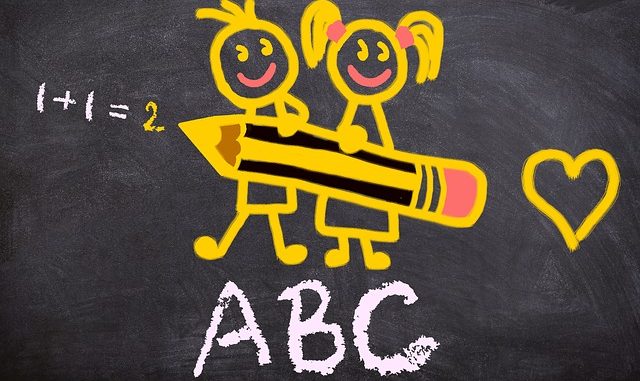
The energy transition is a matter of technology, know-how and competence. This seems to be obvious to all. I have already mentioned, in many of my articles, the fact that energy transition is also a matter of mental patterns and behaviors.
If the adoption of new technologies, the acquisition of new know-how are accessible to everyone, it seems that the evolution of mental patterns and behaviors is much more difficult. What are the means of accelerating this evolutions? How do we plan and structure them?
Energy providers and cities, the main actors involved in the energy transition management, face a paradox: on the one hand, the energy transition requires not to waste time, on the other hand the evolution of the mental schemes and behavioral patterns is time-consuming. It is therefore important to combine actions at different time horizons, some in the very short term, others in the longer term. Similarly, it is important to carry out individual and collective actions simultaneously. This complementarity of all actions is a guarantee of the durability of the results: I would have the opportunity to come back to it in future articles.
Among the individual actions over the long term, education takes an important place: we are imbued with what we learned when we were young, for example on the school benches. We also know that the habits taken at this age persist. This principle applies to our behaviors impacting our energy consumption. School plays a fundamental role in teaching children more virtuous behaviors than those of previous generations.
Among the short-term collective actions, it appears fruitful to rely on family dynamics, particularly those between parents and children. The children are proud to remind their parents of what they have understood: they remind them to tie their seat belts in a car, to respect speed limits or to sort their waste. In front of these injunctions, the parents execute themselves, perhaps in order not to taint the model they wish to represent.
Because acting on children is fruitful in many respects, schools have a pivotal role in the energy transition: it is not a matter of political activism but of initiating and anchoring in our children a different vision of the world around them to allow them and teach them to adapt their behaviors.
I am always amazed by the reactions of the younger generations to my articles and my lectures: while adults seek to reassure themselves about their mental schemes and even, in some cases, to reinforce them, young people are eager to understand, to go further, to upset the achievements, for many have realized how important are a balanced planet, economy, and society.
The energy transition aims to build a component of the world in which these young people will live. It is essential that they participate in its construction and that the schools prepare them for it. Let’s put them at the heart of energy transition projects.

Leave a Reply